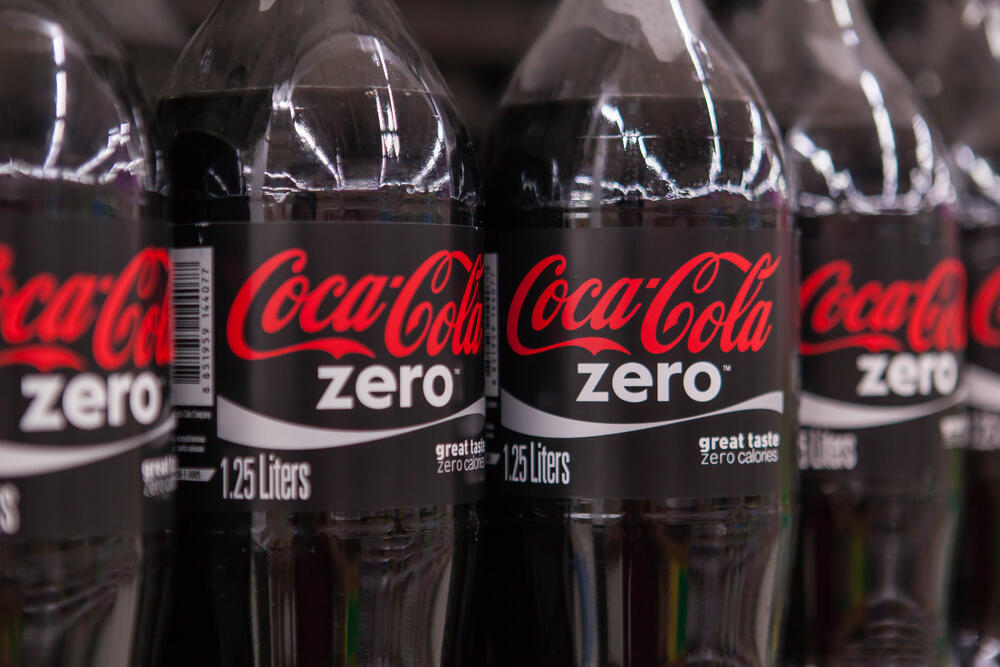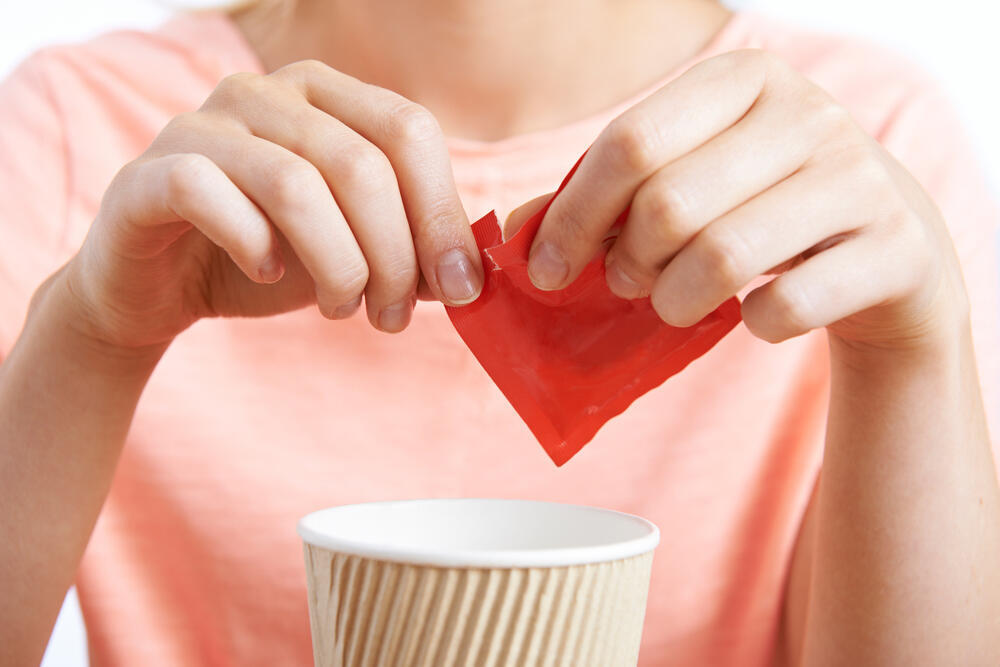Getting your Trinity Audio player ready...
In a potential showdown between the food industry, regulators and a prominent global health organization, a widely used artificial sweetener is on the verge of being labeled as a potential carcinogen.
Read more:
Reliable sources reveal that aspartame - found in popular products like Coca-Cola Zero, a hugely popular beverage in Israel, Mars' Extra chewing gum and other sweetened beverages - will soon be categorized as "possibly carcinogenic to humans" by the International Agency for Research on Cancer (IARC), a division of the World Health Organization (WHO).
In their recent deliberations, the external experts of the IARC concluded that their ruling aims to evaluate the potential hazards of a substance, solely based on existing published evidence. However, it should be noted that this assessment does not consider the safe consumption levels of a particular product.
For personalized guidance regarding consumption, individuals should refer to the recommendations provided by JECFA, the expert committee on food additives jointly established by the WHO and the Food and Agriculture Organization, in addition to the assessments conducted by national regulatory bodies.
The IARC's previous rulings on various substances have triggered consumer concerns, legal actions and prompted manufacturers to reformulate their products with alternative ingredients. This has sparked criticism that the IARC's assessments can be perplexing for the general public.
Meanwhile, JECFA, the WHO's additives committee, is currently conducting a review of aspartame usage, with their meeting commencing in late June. Their findings, which coincide with the IARC's public announcement on July 14, will shed further light on the matter.
Dietician Shiri Nakash explains, "Aspartame belongs to the group of artificial sweeteners that are a substitute for sugar, have no caloric value and do not raise blood sugar levels."
She further adds, "It was accidentally discovered in the 1960s by a chemist who worked for an American company whose goal was to find a cure for ulcers. It was approved for use by the FDA in 1974, and since then it has been extensively studied regarding its safety for use."
Nakash stresses that "It is a food additive that is widely used in the industry. It's mainly found in diet drinks, milk delicacies and diet milk drinks, in sugar-free chewing gum and powders to sweeten coffee/tea. It appears in the list of product ingredients under the name aspartame or under its trade name - E951."
So how potent is it? "It is approximately 180 times sweeter than sugar," she says. "So a very small amount can be used to sweeten the processed foods in which it is found."



